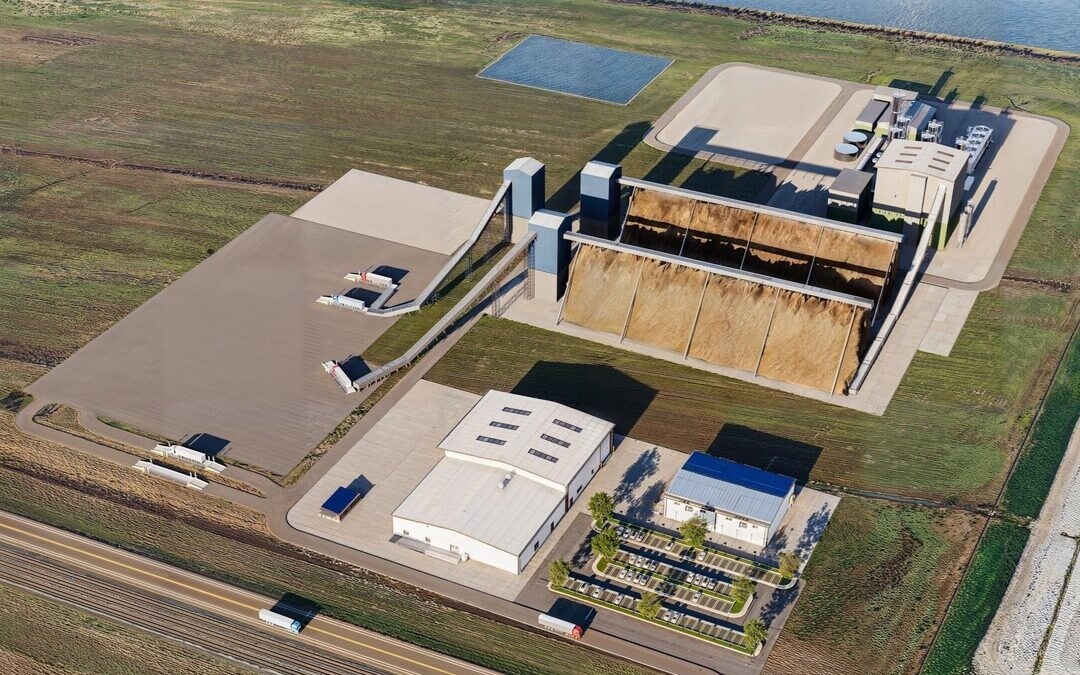Microsoft Signs Record Carbon Removal Deal With Fidelis’ AtmosClear
Microsoft signs world’s largest carbon removal deal with Fidelis’ AtmosClear to advance 2030 carbon-negative goal.
Microsoft has signed the world’s largest agreement for engineered carbon removal to date, committing to purchase 6.75 million metric tons of carbon removal over 15 years from a bioenergy carbon capture and storage project being developed by AtmosClear, a portfolio company of Fidelis.
The carbon removal will come from AtmosClear’s upcoming facility at the Port of Greater Baton Rouge, Louisiana, which will capture and store 680,000 metric tons of biogenic carbon dioxide annually.
The project, set to begin construction in 2026 with commercial operations by 2029, will use sustainable biomass feedstocks such as sugarcane bagasse and forest trimmings to generate clean energy while permanently removing carbon from the atmosphere.
Strategic Climate Commitment
The agreement represents a key step in Microsoft’s strategy to become carbon negative by 2030, meaning the company will remove more carbon than it emits.
“We are proud to work with Fidelis on this pathbreaking project, which will bring together science, engineering, and commercial innovations to offer a compelling model for carbon removal in the United States,” said Brian Marrs, senior director of energy & carbon removal at Microsoft. “High-quality, durable carbon removal solutions from experienced developers like Fidelis are vital for Microsoft in progressing its climate goals.”
Fidelis CEO Daniel J. Shapiro described the deal as a “transformative moment” for the engineered carbon removal market, noting that the AtmosClear project demonstrates how scalable, technology-driven solutions can deliver climate and economic benefits.
Economic and Environmental Impact
Fidelis expects the project to generate more than $800 million in investment, creating roughly 600 construction jobs and 75 permanent positions. It is also anticipated to revive forestry-related employment in the region, where mill closures have impacted local economies.
In addition to permanent carbon storage, the captured CO₂ could be used as a feedstock for producing low-carbon natural gas or synthetic fuels, further contributing to decarbonization efforts across industries.
AtmosClear’s project highlights growing momentum in the U.S. carbon removal sector, as corporate buyers seek high-integrity solutions to meet climate targets and governments explore new pathways to reduce net greenhouse gas emissions.
Also Read:
Microsoft, Carbon Direct Release Standards for Marine Carbon Removal

